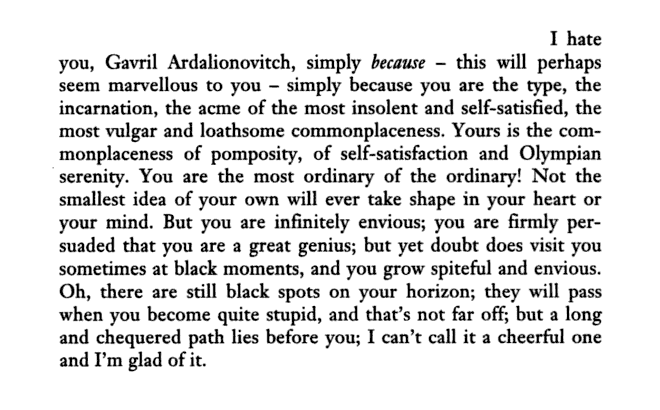And make them know, what it is to let a queen kneel in the streets and beg for grace in vain

“What makes somebody who they are?” In other words, what makes it right to say of somebody who occupied my body and went by my name last month that they are the same person as I am now? Anyway, don’t we also want to say that I am not morally responsible for the actions that “I” performed as, say, a 4 year old? […]
Some of the main (wrong) answers are: Physical Continuity (disproof: I do not have any of the same cells or matter that I did one year ago), Memory (disproof: I can remember being 10 but not 5, yet when I was 10 I could remember being 5), and Psychological Continuity (disproof: I am not the same person that went by my name as a child; I am not guilt-worthy and praise-worthy for his crimes and achievements, yet there is psychological continuity between us).
photo { Bruce Nauman, Failing to Levitate in My Studio, 1966 }





















